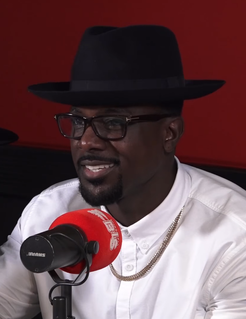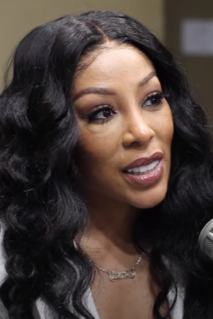A Quote by Liza Campbell
I was only loosely aware of [Georgia] O'Keeffe's work. Primarily, I had seen her famous paintings of skulls with flowers, which are not my favorite. I didn't really become familiar with her work until after I started writing the book, but the more I learned about her the more I admired her.
Related Quotes
I missed the sound of her shuffling her homework while I listened to music on her bed. I missed the cold of her feet against my legs when she climbed into bed. I missed the shape of her shadow where it fell across the page of my book. I missed the smell of her hair and the sound of her breath and my Rilke on her nightstand and her wet towel thrown over the back of her desk chair. It felt like I should be sated after having a whole day with her, but it just made me miss her more.
Love your material. Nothing frightens the inner critic more than the writer who loves her work. The writer who is enamored of her material forgets all about censoring herself. She doesn't stop to wonder if her book is any good, or who will publish it, or what people will think. She writes in a trance, losing track of time, hearing only her characters in her head.
In People magazine, Madonna said her life has been exhausting since she started her world tour. She said there isn't a second of her life that isn't taken up looking after her family or thinking of her show - her day is filled with problems of work and family. Someone should tell her, everyone else calls that, life.
...the only thing that had tethered her to the earth had been him and it was strange, but she felt welded to him on some core level now. He had seen her at her absolute worst, at her weakest and most insane, and he hadn't looked away. He hadn't judged and he hadn't been burned. It was as if in the heat of her meltdown they had melted together. This was more than emotion. It was a matter of soul.
One demonstrable effect this type of work can have is in its viral promulgation. Take Kathy Acker for example: her work exists mainly through academic channels. Students are exposed to her novels, and some read her, then, on their own, but some also go to grad school: teach her, write about her, keep her going.
She had sacrificed her childhood to save her brothers; she loved her family above all else, and her spirits yearned to return home once more, to the wild forest and the land of mystic tales and ancient spirits whence he had taken her. That was the place of her heart, and if he loved her, he must let her go.

































